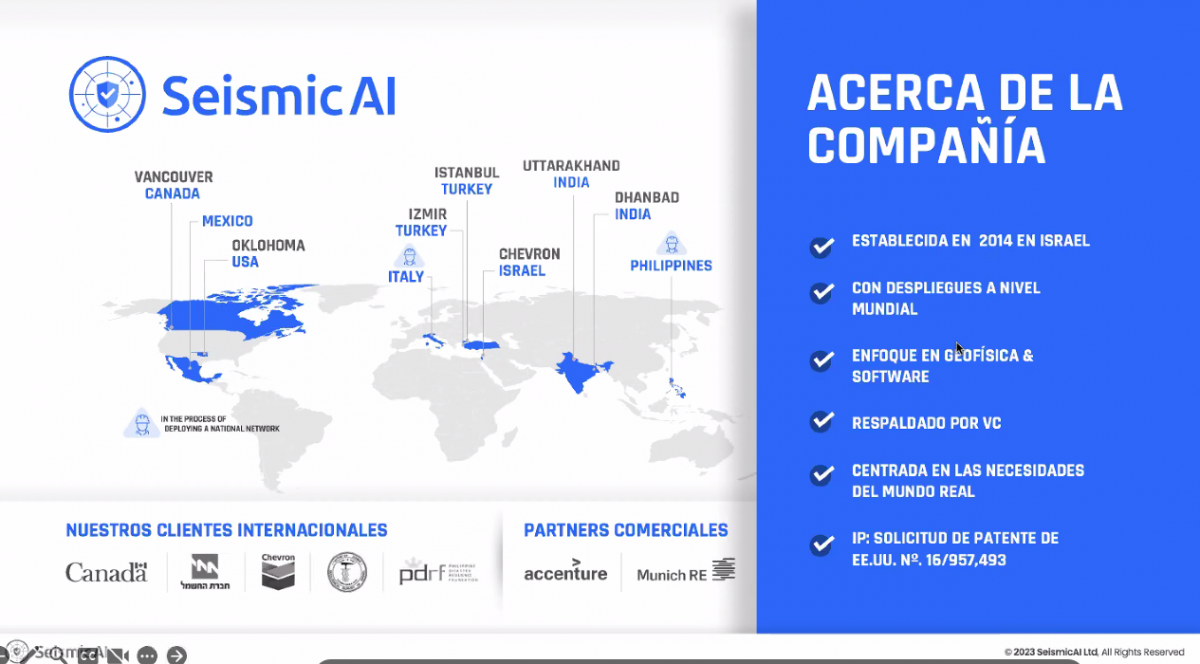GO BILINGUAL ha brindado servicios de traducción en inglés, español y portugués durante la “Good Green Jobs & Just Transition Peer Session – Decent Employment”. Este evento, organizado por C40, reunió a expertos y representantes de diversas ciudades para discutir temas cruciales sobre empleos verdes, transición justa y empleo decente.

¿Qué es C40?
C40 es una red global de casi 100 alcaldes de las principales ciudades del mundo que están unidos en acción para enfrentar la crisis climática1. C40 trabaja para reducir las emisiones de gases de efecto invernadero y mejorar la resiliencia urbana, promoviendo políticas y programas que fomenten el desarrollo sostenible y la justicia climática.
¿Qué son los Good Green Jobs?
Los Good Green Jobs o empleos verdes son aquellos trabajos que contribuyen a preservar o restaurar el medio ambiente. Estos empleos pueden encontrarse en sectores como la energía renovable, la eficiencia energética, la gestión de residuos y la conservación de recursos naturales2. Además de su impacto ambiental positivo, los empleos verdes también buscan ofrecer condiciones laborales justas y seguras.
¿Qué es la Transición Justa?
La transición justa se refiere al proceso de transformación hacia una economía más sostenible y baja en carbono, asegurando que los trabajadores y las comunidades no se queden atrás. Este concepto promueve la creación de empleos decentes, la protección social, la formación y el desarrollo de habilidades, y la seguridad laboral para todos los trabajadores afectados por las políticas de cambio climático3.
¿Qué es el Empleo Decente?
El empleo decente es un concepto promovido por la Organización Internacional del Trabajo (OIT) que abarca trabajos productivos y de calidad, con condiciones laborales justas, seguridad en el lugar de trabajo, protección social para las familias y mejores perspectivas de desarrollo personal e integración social. Según la OIT, alrededor del 75% de la población mundial no cuenta con una cobertura de seguridad social adecuada3.
Participación de Londres y Bogotá
Durante la sesión, la ciudad de Londres presentó sobre el crecimiento de empleos verdes y cómo estos pueden crear oportunidades para una transición justa. Se destacó la importancia del Good Work Standard (GWS) de la Alcaldía de Londres, una iniciativa que promueve condiciones laborales justas y de calidad para todos los trabajadores en la ciudad.

Por otro lado, la ciudad de Bogotá presentó indicadores de trabajo decente y digno, detallando las 10 dimensiones e indicadores que se utilizan para evaluar la calidad del empleo en la región. Además, se mencionó el Monitor de Trabajo Decente y Digno, una herramienta que permite medir y analizar las condiciones laborales en la ciudad, promoviendo políticas públicas que mejoren la calidad del empleo.

La participación de estas ciudades y la colaboración de GO BILINGUAL en la traducción de los contenidos han sido fundamentales para el éxito de la sesión, facilitando el intercambio de conocimientos y experiencias entre los participantes.







GO BILINGUAL Participates in the Session on Green Jobs and Just Transition
GO BILINGUAL provided translation services in English, Spanish and Portuguese during the “Good Green Jobs & Just Transition Peer Session – Decent Employment”. This event, organized by C40, brought together experts and representatives from various cities to discuss crucial issues on green jobs, just transition and decent employment.
What is C40?
C40 is a global network of nearly 100 mayors from the world’s major cities who are united in action to address the climate crisis1. C40 works to reduce greenhouse gas emissions and improve urban resilience by promoting policies and programs that foster sustainable development and climate justice.
What are Good Green Jobs?
Good Green Jobs are jobs that contribute to preserving or restoring the environment. These jobs can be found in sectors such as renewable energy, energy efficiency, waste management and natural resource conservation2. In addition to their positive environmental impact, green jobs also seek to offer fair and safe working conditions.
What is Just Transition?
Just Transition refers to the process of transformation to a more sustainable, low-carbon economy, ensuring that workers and communities are not left behind. This concept promotes the creation of decent jobs, social protection, training and skills development, and job security for all workers affected by climate change policies3.
What is Decent Employment?
Decent employment is a concept promoted by the International Labor Organization (ILO) that encompasses productive and quality jobs, with fair working conditions, security in the workplace, social protection for families, and better prospects for personal development and social integration. According to the ILO, around 75% of the world’s population does not have adequate social security coverage3.
Participation of London and Bogotá
During the session, the City of London presented on the growth of green jobs and how they can create opportunities for a just transition. The importance of the Mayor of London’s Good Work Standard (GWS), an initiative that promotes fair and quality working conditions for all workers in the city, was highlighted.
On the other hand, the city of Bogotá presented decent and dignified work indicators, detailing the 10 dimensions and indicators used to evaluate the quality of employment in the region. In addition, the Decent and Decent Work Monitor was mentioned, a tool for measuring and analyzing labor conditions in the city, promoting public policies to improve the quality of employment.
The participation of these cities and the collaboration of GO BILINGUAL in the translation of the contents have been fundamental for the success of the session, facilitating the exchange of knowledge and experiences among the participants.











